Here is a collection of helpful videos on the subject of copyright. These videos cover if you should copyright music or beats, and how to do so.
Table of Contents
- Should You Copyright Music or Beats?
- How to Copyright Beats with Samples
- How To Copyright Music ( Step By Step Process )
- Copyright Frequently Asked Questions
Should You Copyright Music or Beats?
DJ Pain 1 covers the basics of copyright.
How to Copyright Beats with Samples
DJ Pain1 talks about copyrighting beats with uncleared samples. Copyright Website
How To Copyright Music ( Step By Step Process )
Greg Savage shows you step-by-step instructions on how he copyrights files on copyright.gov. The video seems to be outdated but still has some helpful information.
Help Links
Copyright Frequently Asked Questions
How long does the process take?
Processing for e-Filing is typically up to 8 months. Paper Forms are generally up to 14 months.
What are the Copyright Fees?
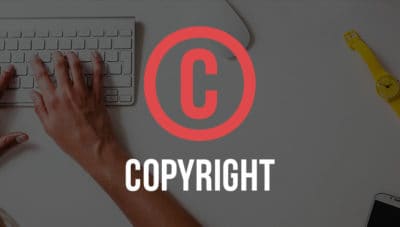
- Single Application (single author, same claimant, one work, not for hire) $35
- Standard Application (all other filings) $55
- Registrations on paper $85
What is copyright?
Copyright is a form of protection grounded in the U.S. Constitution and granted by law for original works of authorship fixed in a tangible medium of expression. Copyright covers both published and unpublished works.
What does copyright protect?
Copyright, a form of intellectual property law, protects original works of authorship including literary, dramatic, musical, and artistic works, such as poetry, novels, movies, songs, computer software, and architecture. Copyright does not protect facts, ideas, systems, or methods of operation, although it may protect the way these things are expressed. See Circular 1, Copyright Basics, section “What Works Are Protected.”
Do I have to register with your office to be protected?
No. In general, registration is voluntary. Copyright exists from the moment the work is created. You will have to register, however, if you wish to bring a lawsuit for infringement of a U.S. work.
I’ve heard about a “poor man’s copyright.” What is it?
The practice of sending a copy of your own work to yourself is sometimes called a “poor man’s copyright.” There is no provision in the copyright law regarding any such type of protection, and it is not a substitute for registration.
When is my work protected?
Your work is under copyright protection the moment it is created and fixed in a tangible form that it is perceptible either directly or with the aid of a machine or device.
More Copyright Frequently Asked Questions.
You may also be interested How to Sell Beats Online.
Are you copyrighting your beats?


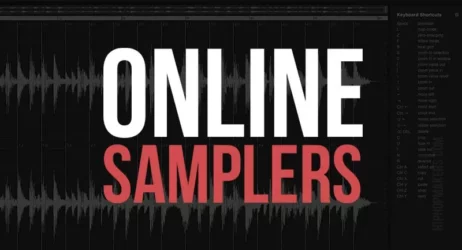
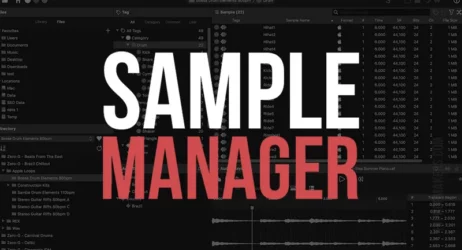
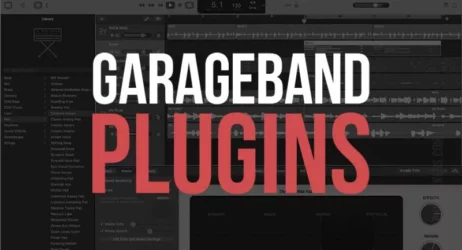
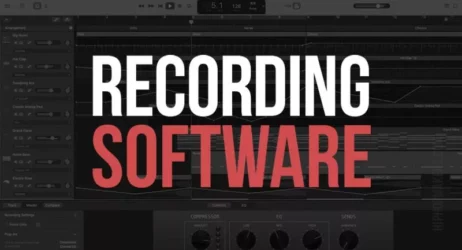
I’ve done my homework already but it never hurts to refresh yourself thanx! (note) the producer who made Trinidad James’s first single had put a beat tape out and didn’t copyright.
It before whoever gave the beat to James and I felt bad because the man could have gotten paid in full for his work!
the all gold song look it up!
Yea I def feel you about that All Gold everything beat. Im not really anyone special but thats why I wont ever put out a beat tape. Im very hands on with my music and I dont really want someone I dont exactly have a working relationship or someone I havent meant through someone else using my material and getting paid from it. That may be limiting myself but oh well.
If i copyright my music via the U.S Copyright Office, is my music copyrighted outside the U.S too? or is it relevant only in the U.S?